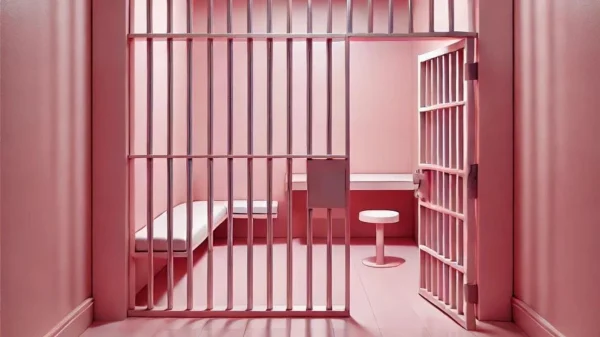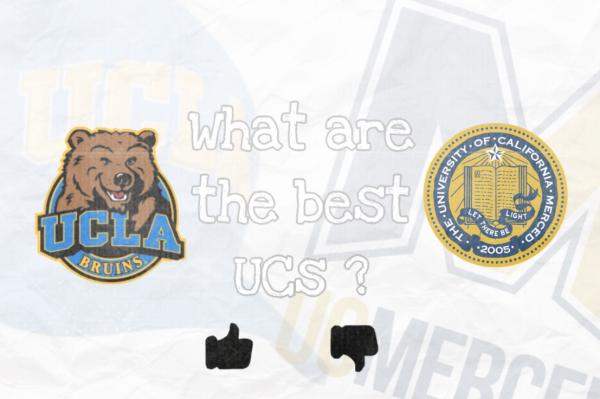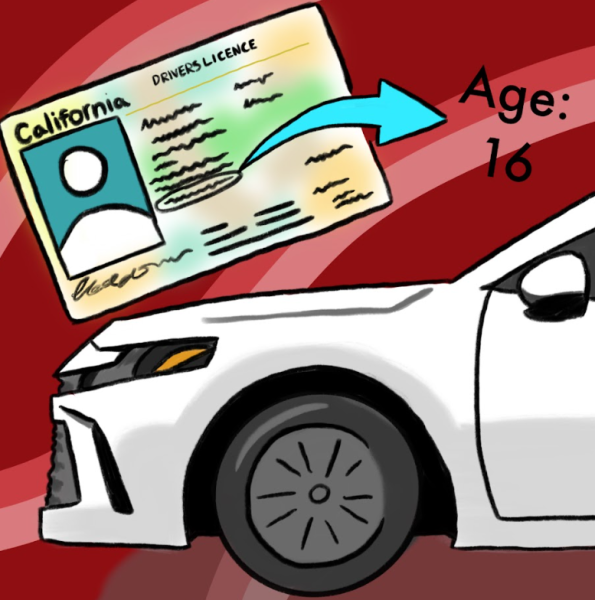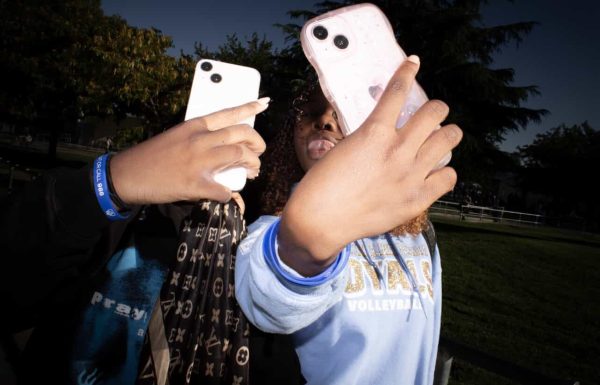Dream’s Face Reveal and Our Internet Addiction

Picture by Tiffani Pe
Social media has proven to be a beneficial tool; in some cases, it is even seen as a safe space. Many also use social media and the Internet as a form of communication. They may use it to contact family members far away or old friends who have moved. This is only the beginning of the Internet’s potential. The issues began when the Internet started to take over people’s lives. In some cases, online access can be a mode of working, while in other cases, it has become an addiction.
On Oct. 22, 2022, popular YouTuber Dream decided to reveal his face to the Internet. Dream’s entire career was based on the videos he uploaded on the Internet, but he avoided uploading any pictures of his face. He acquired a large following of millions and millions of people while wearing a mask to protect his identity. As time passed and he continued frequently uploading, his fanbase became increasingly desperate to see Dream’s face. After years of pressure and anticipation from his fans, he gave in to their requests. Millions of comments insulting his appearance flooded his account. “HES UGLY” trended on Twitter hours following the reveal.
Situations like this impact a person. Putting yourself out on the Internet is a big deal, especially if the unwanted attention of others is something you have been actively trying to protect yourself from. Receiving a bad reaction after being pushed into doing something can be discouraging. The problem in this situation does not come from the creator himself but from his fanbase. If you think about it, this was the initial reaction he was afraid of and the reason he avoided revealing his face in the first place. There isn’t anything special or even abnormal about Dream’s appearance; he’s an average guy. No matter how he looks, the fans have no right to judge. The Internet’s reaction could cause heavy insecurities in the creator, bringing us to our main issue of the Internet: cyberbullying. Studies have shown that social media can cause mental illnesses to increase significantly because of the immense pressure it puts on us to act perfect 24/7.
Saying that the Internet “is a bad place” is not new, but have you ever really sat down and thought about how the Internet affects your daily life? Have you ever thought about how it affects what you believe and your decisions? There is no denying that it’s a beneficial device, but in situations like these, does the usefulness outweigh everything harmful from the Internet? The answer to all of these questions is most directly based on the type of person you are. Can you handle harsh criticism, or will this be a long-term detriment to the stability of your mental health?

My name is Viktoria Brajanovska, I am beyond thrilled to be a senior this year as well as a fourth-year returner to the Ubiquity staff. I have returned...

Hello again, Quartz Hill! My name is Tiffani Pe, and I’ll be serving as an assistant Copy Editor for the QHHS Ubiquity. Being a senior IB student with...







